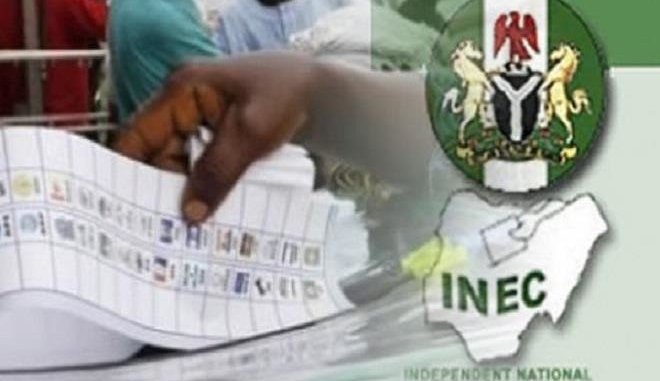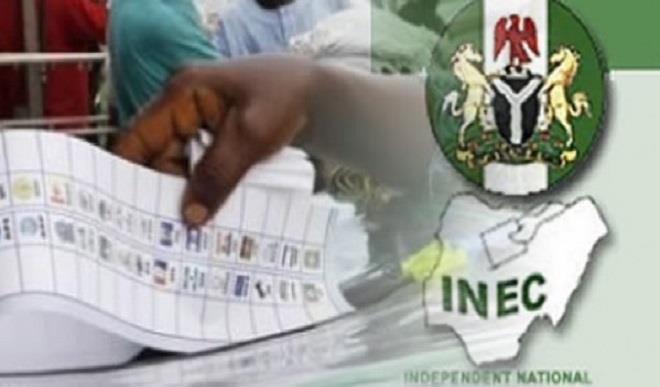
Ahead of the 2023 presidential election, religion may alter the outcome of the poll if the sentiments being experienced in some quarters are anything to go by; TOPE SUNDAY writes.
Nigerians seem divided along the religion and ethnic lines ahead of the next year’s presidential election. And unlike the previous elections, adherents of both Christianity and Islamic religions are not hiding their faiths and preference for the candidates of their choice. Though there are some who are rooting for a presidential candidate who hails from their region or tribe, majority are particularly interested in the faith of the presidential candidates.
Major contenders
Though there are up to 28 presidential candidates struggling to occupy the presidential Villa next year, four of them are grouped to be the top contenders. The top contenders, according to pundits, are seen as the possible replacement for President Muhammadu Buhari of the All Progressives Congress (APC) because of their popularity. They are the national leader of the APC, who is also the presidential candidate of the party, Asiwaju Bola Ahmed Tinubu, the Peoples Democratic Party (PDP’) candidate, Alhaji Atiku Abubakar; Mr. Peter Obi of the Labour Party; and Senator Musa Rabiu Kwamkwaso of the New Nigerian Peoples Party (NNPP).
Among them, only Peter Obi is a Christian, and he hails from the South-east. Tinubu, who hails from the South-west is a Muslim. They both represent the Southern region. Both Atiku and Kwakwaso are Muslims from the North. While Atiku is from the North-east, Kwamkwaso is from the North-west.
The Muslim-Muslim ticket
The introduction of the Muslim-Muslim ticket by the presidential candidate of the APC, Tinubu, has been generating ripples as many have read the meaning to the development. Blueprint Weekend recalls that he had earlier submitted the name of Alhaji Kabir Masari from Katsina state to the Independent National Electoral Commission (INEC) as his running mate.
But, Tinubu, a Yoruba man, and a two-term Governor of Lagos state, had named the former Governor of Borno state, Senator Kashim Shettima as his substantive running mate, and subsequently unveiled him in an elaborate event in Abuja during the week.
Aside from him his co-major contenders, Alhaji Atiku Abubakar of the Peoples Democratic Party (PDP), Mr. Peter Obi of the Labour Party (LP), and Engr. Rabi’u Musa Kwankwaso of the New Nigeria Peoples Party (NNPP), have settled down for Christian and Muslim running mates respectively. Atiku settled for the Governor of Delta State, Ifeanyi Okowa as his running mate, Obi went for Yusfu Baba-Ahmed from Kaduna state; while Kwankwaso picked the Edo State-born Bishop, Isaac Idahosa.
Criticisms
A former Secretary to the Government of the Federation, Babachir Lawal, in his wider condemnation of the Muslim-Muslim ticket, described it as “a direct attack on Christians,” noting that the party produced a Muslim presidential candidate and that most of the party officials are all Muslims.
This, he said, had resulted in an outcry by the Christian community in the party. Speaking recently, he explained that the committee recommended that a Muslim-Christian ticket outweighed the merits of a Muslim-Muslim ticket.
However, explaining the panel’s recommendations, the former SGF said, “Our report was very detailed about the implication of religion in this coming election. In the report, both scenarios were viewed and analysed and the report made provision for the advantages of the Muslim-Muslim ticket, and the disadvantages.
“There was also a recommendation as to the benefits and demerits of a Muslim-Christian ticket, and that outweighs the benefit of a Muslim-Muslim ticket. I tried to get the APC to see the benefits of including the Christian community in the National Working Committee and National Executive Council of the party, but they didn’t listen and instead appointed Muslims as both the national chairman and deputy national chairman.”
The APC chieftain said further that his fears were realised when the party primaries produced a Muslim presidential candidate.
Referring to his letter to the APC presidential candidate, the former SGF said anyone vying for the presidency must consider religion as a major factor.
Also, the Christian Association of Nigeria (CAN) condemned the fielding of Muslim candidates for President and vice-president by the APC.
In a reaction sent through text message by the special assistant, media and communications, to the CAN president, Pastor Adebayo Oladeji, it said the situation in the country now is not suitable for a Muslim-Muslim ticket.
According to him, it is left for Nigerians to accept or reject the Muslim-Muslim candidature of the APC.
A don’s view
Reacting to the development, a lecturer at Baze University, Abuja, Dr. Suleiman Barnabas, said religion would shape the outcome “because of the advocacies by CAN and the Muslim Rights Concern (MURIC),” adding that “it will work for and again.”
Barnabas, who is of the Faculty of Management and Social Sciences, said there are many competent Christians in the North and the best can be chosen from among them, and cautioned the presidential of the APC, Asiwaju Bola Ahmed Tinubu to rescind his action on a Muslim-Muslim ticket.
He said: “The 2023 presidential election will be greatly influenced by religion because of the advocacies by CAN and MURIC. It will work for and against. A Muslim-Muslim ticket will definitely change the voting pattern and its outcome, but I am I am totally against it. It will divide the nation the most!
“If the reason for not choosing a VP running mate of the Northern region is because of the person’s affiliation to the Christian faith, then there’s a problem. The negative tag of APC being an Islamic party should not be proved as a fact. If the APC gave that as a reason for not using a Muslim-Muslim ticket of Buhari and Tinubu in 2015, then why do it now?
“There are many competent Christians in the North and the best can be chosen from among them. Though Asiwaju Tinubu may win, it is also very possible, and more likely to win with a Christian vice-presidential candidate! It is better to win an election and ‘win’ the nation than win an election and lose the nation,” he said.
